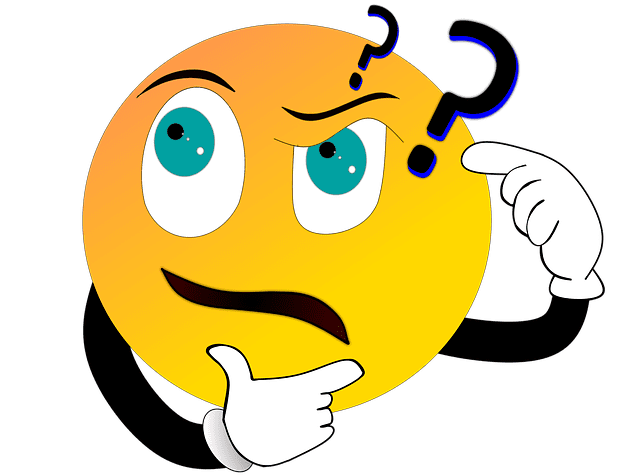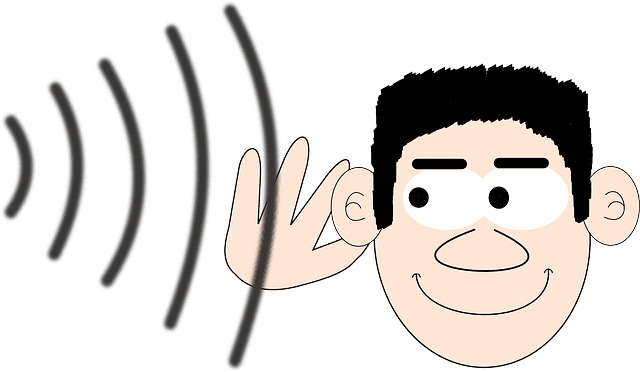Every difficult behaviour you experience represents a skill you can learn. By rejecting people who engage in difficult behaviour you risk losing a valuable opportunity to learn from them.
Posts Categorized: Organisational Culture
Conflicts cannot be fully resolved without regard to the organisational context that gave rise to them. The opportunity is not so much to resolve the issue you are fighting over but to understand how you got stuck in the first place and what you can learn from that.
The deepest truth is that there is no separation between you and your opponents, other than the illusion that what separates you is important and is unbridgeable. The very moment you find yourself locked in conflict you become inseparable from your opponent, as you care deeply about many of the same things.
The primary reason for our repressive attitude towards emotions in organisations is a pervasive lack of skill in handling intense emotional communications. Daniel Goleman called the ability to recognise, manage and learn from feelings as “emotional intelligence”.
Or perhaps you may fear that by going deeper everything could change including how you define yourself, your opponent, and the issues. It is dangerous to be honest because that gives the other person the right to be equally honest with you.
Just as learning’s greatest enemy is not ignorance, but what your are sure you are already know; the greatest challenge to listening is letting go of what you are certain of so that you can allow another person’s experience lead you to a higher, more integrated, and composite truth.





